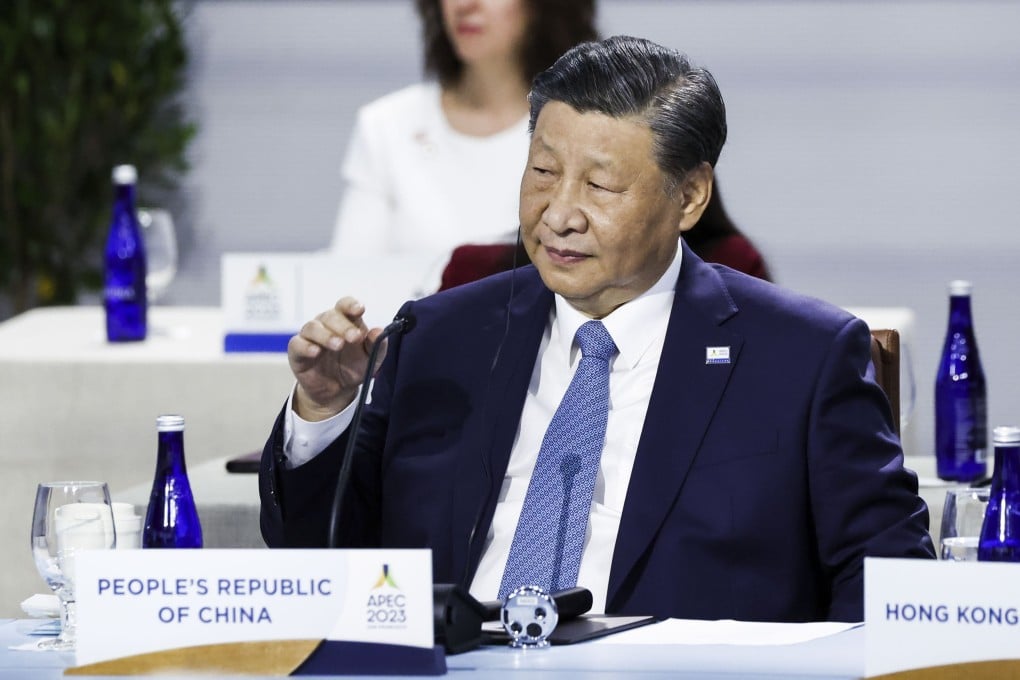Xi Jinping champions digital trade as China kicks off global e-commerce expo to further Silk Road ambitions
- At the Global Digital Trade Expo, Alibaba, Shein, Temu and other Chinese e-commerce players promise to help local merchants reach global customers
- Xi’s message promoting digital trade and common rules comes as the US is walking back its long-standing commitment to free trade

China showcased its ambitions and capabilities in shaping the future of global digital trade as it kicked off a major digital trade expo on Wednesday, promoting some of its most influential e-commerce players and advocating a digital Silk Road.
President Xi Jinping said in a letter sent to the Global Digital Trade Expo that global digital trade “has become a new highlight of international trade” and China has established a “sound digital-trade governance system”.
He said China hoped the five-day event, which was joined by dozens of foreign business delegations, would offer a platform for all sides to “discuss cooperation, promote development, share results and work together to make digital trade a new engine for common development”.
The letter was read out by Vice-President Han Zheng at China’s e-commerce hub of Hangzhou, host of the annual event and the home base of Alibaba Group Holding, owner of the South China Morning Post.

In his keynote speech, Han said that digital trade and e-commerce have become an important pillar of China’s export growth, and the country considers the sector as important as traditional cargo and service trade.
He said China would work with other countries to set digital norms and rules for the future.